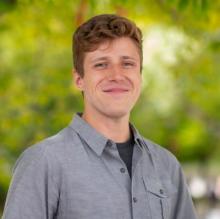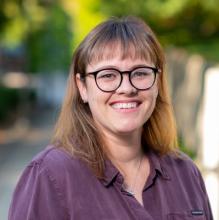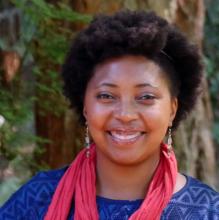Nicolás was born in Chile the same year of the military coup in 1973. Although the return to democracy in 1990 heralded relatively better fisheries regulations, a growing number of fisheries is still depleted in this country. Holding a series of workshops with various stakeholders in seven locations, Nicolás' research examines the role of governance transformations in sustainability of marine fisheries -with direct policy implications.
Research Description
My research focuses on how fisheries sustainability has been influenced by different governance settings. I propose to assess the sustainability of 7 Chilean fisheries using a framework that considers both ecological and human dimensions within six governance periods. This case study is an integral part of my PhD dissertation, which seeks to explore the interplay between governance and fisheries sustainability at different levels -global, national and local- using a mixed-methods approach. This Chilean case study will ultimately be compared with other national case studies for my doctoral thesis to shed light on what institutional factors may be more conducive to fisheries sustainability.
What does being a Public Scholar mean to you?
I see a Public Scholar as someone curious, brave and patient in pursuing knowledge aiming to benefits people at different societal levels.
In what ways do you think the PhD experience can be re-imagined with the Public Scholars Initiative?
My PhD experience has already been re-imagined with this initiative. I feel that PSI strongly believes in graduate students' creativity encouraging a multidisciplinary mind and collaborative work. Making bridges between natural and social sciences -which is my case- can be quite challenging because both perspectives have their own dogmas and 'academic egos'. In connecting with PSI events, workshops and graduate students I have felt my vision refreshed, inspired and enriched. I have made friends with students that are open to envision societal problems from new perspectives and novel methodologies.
How do you envision connecting your PhD work with broader career possibilities?
I envision my work as a consultant dealing with communication issues and conflict resolutions in managing and protecting natural resources at different scales, local, national and international.
How does your research engage with the larger community and social partners?
As part of my research I will hold a series of workshops that aims to discuss the past and current sustainability status of seven Chilean fisheries from multiple stakeholders' perspectives, including small and large-scale fishers, NGOs, academics, and government fisheries agencies. The final outcome will be two policy papers in Marine Policy about fisheries governance and sustainability.
Why did you decide to pursue a graduate degree?
I decided to pursue a graduate degree because I come from a country where its economic growth has surpassed its capacity to implement effective environmental policy to protect marine fisheries and fishing communities.
Why did you choose to come to British Columbia and study at UBC?
I was looking for a multidisciplinary program, an exchange between natural and social sciences. I strongly feel that we live in an era where building bridges between different disciplines, cultures and traditions are essential for society to thrive. A friend told me about the Institute of Resource and Environmental Studies and its graduate program, and of course I was told about the beauty of the place.
My PhD experience has already been re-imagined with this initiative. I feel that PSI strongly believes in graduate students' creativity encouraging a multidisciplinary mind and collaborative work.




